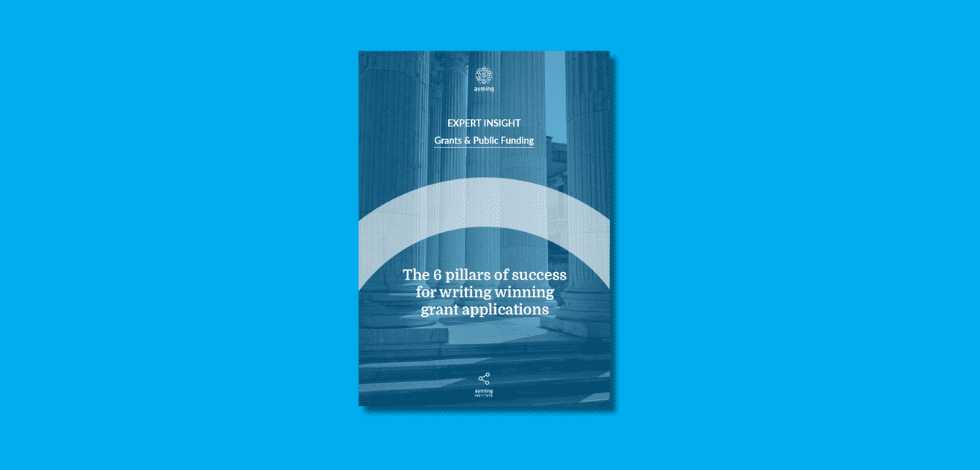Reply of the TIGRR
Prime Minister Boris Johnson wrote a letter this month in response to the Taskforce on Innovation, Growth and Regulatory Reform report, known as TIGRR. The report contains around 100 recommendations designed “to make a material difference to the UK’s economic growth, competitiveness and productivity” following the UK’s exit from the EU. Johnson’s letter regurgitates the familiar catchphrases but seems to lack much substance – Where is the TIGRR’s roar?
It is widely agreed that the UK is perceived globally as an excellent place to do business and invest in innovation. However, the challenging global economic situation in the light of the Covid-19 pandemic, combined with the national challenge of Brexit, means that this status is potentially under threat. Another challenge is represented by the Government’s procurement approach, which, more often than not, favours cheaper and less innovative products and solutions. This might well discourage private businesses to take on innovative activities.
The Government recognises that innovation is vital to boost productivity and growth and that R&D reliefs are an essential part of incentivising businesses to invest in innovation. However, the ever-changing nature of business, costs and taxes incurred in performing R&D calls for the need for a regular process of reviews of the schemes, such as the latest HMRC’s R&D Tax Reliefs consultation launched at Budget 2021.
It’s therefore imperative that innovation is optimised and kept front and centre of the Government’s plans.
Cyber Security: Biden-Putin’s talks hottest topic
With US-Russian relations at a low point, Joe Biden and Vladimir Putin had their first face-to-face meeting at Geneva Summit 2021. Cybercrime was high on the agenda following last month ransomware cyber-attack on the Colonial Pipeline in the US by the Eastern-European cybercriminal hacking group DarkSide.
As the pace of technological development speeds up, the cybersecurity threats that we face are also increasing. Cybercrime is now more widespread than ever and is becoming increasingly lucrative to criminals. Incredibly (and indeed thanks to innovation in cybersecurity), the FBI could recover most of the Bitcoin used by Colonial to pay the ransom.
From one world leaders meeting to the next
The UK hosted the G7 Summit in Cornwall as part of its 2021 G7 Presidency. The G7 nations have agreed to take action on climate change and help poorer countries cut their emissions. The UK has great ambitions to combat climate change. Pushing the G7 to meet targets is a very public declaration of this ambition.
However, is it lip service? The climate crisis needs immediate and effective action. A key measure should be to incentivise businesses to invest in green technologies. As outlined in last month’s article, this can be achieved if we develop and scale the production of new commercially viable technologies.
According to the independent Climate Change Committee, the UK is even worse prepared than it was five years ago, at the time of its last report on the risks of climate change. It warns that more severe heatwaves and more intense rainfall, especially in big cities, will increase flood risk across most of the UK.
I write this from my home office, a new build. It has been both a melting pot unable to cool down during the intensely high temperatures and a submarine desperately keeping out the torrential rain, all in one month! UK homes aren’t built for this sort of fluctuation in weather systems. R&D will be needed to cope with the effects, especially as the cost of damage due to climate change in the UK might run into the £tens of billions without drastic action.
This brings me back to Johnson’s TIGRR letter. We need action and innovation. So let’s not greet our future with a quiet meow, but give innovative UK companies the chance to roar.















No Comments